Deborah Kerr, born on September 30, 1921, in Glasgow, Scotland, was a celebrated British actress who gained international fame for her elegance, poise, and remarkable acting talent. She starred in numerous iconic films over a career that spanned several decades, earning six Academy Award nominations and a lasting legacy in both cinema and theater. Known for her impeccable grace and discipline, Kerr’s work continues to inspire audiences worldwide. Let’s dive into her life, career, and legacy.
Early Life and Background: The Foundation of a Star
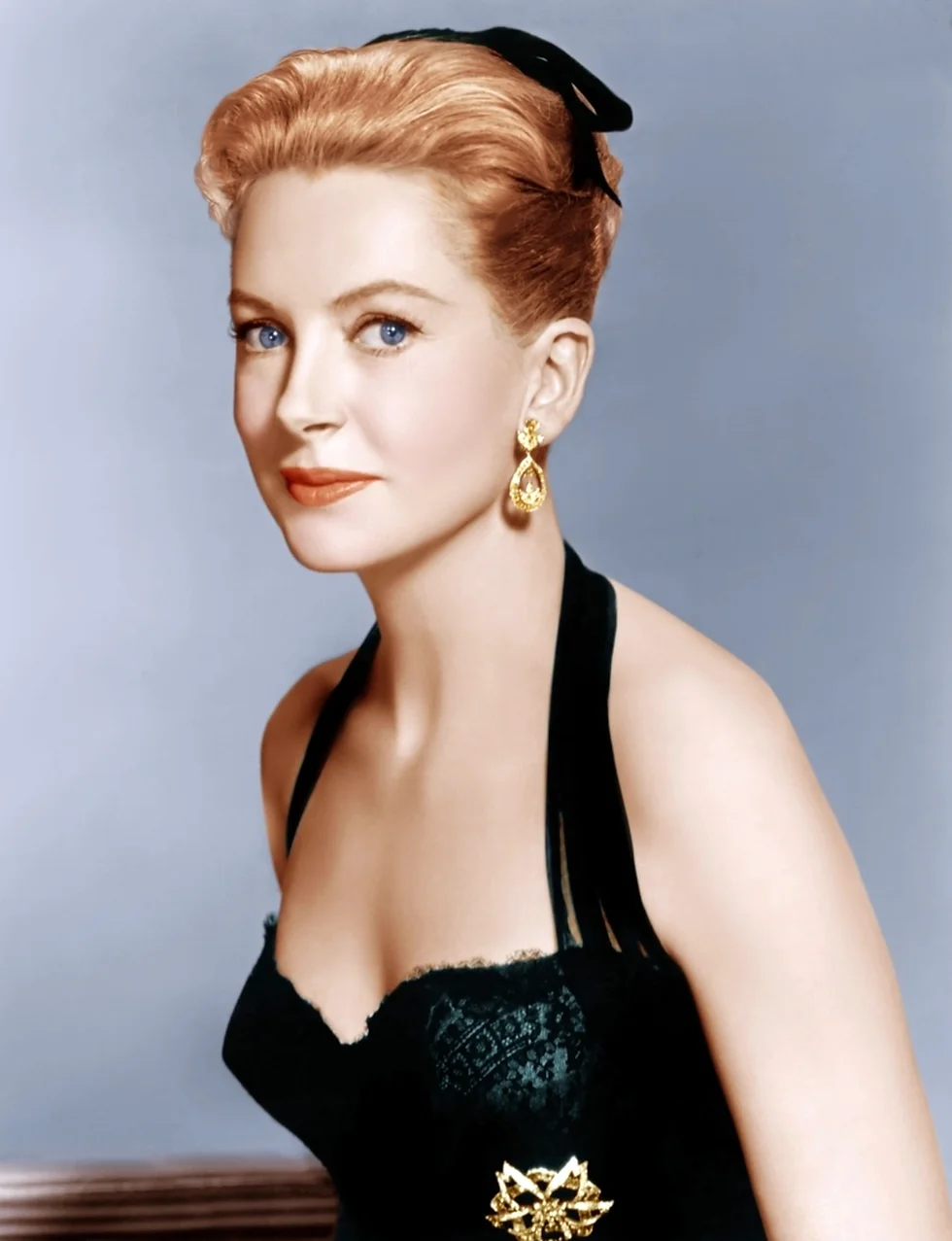
Deborah Jane Trimmer, later known as Deborah Kerr, was born into a family marked by both creative and military backgrounds. Her father, Capt. Arthur Charles Kerr Trimmer, was a World War I veteran who later became a civil engineer. Kerr spent her early childhood in Helensburgh, a small town on the Scottish coast, before moving to Bristol, England, where she attended Northumberland House School and later Rossholme School. Early on, Kerr showed an aptitude for performance, initially training as a ballet dancer at Sadler’s Wells. However, her true calling would come in acting, a decision nurtured by her aunt, Phyllis Smale, who was a drama instructor.
From Ballet to Acting: Kerr’s Early Career
Kerr’s transition from ballet to acting marked the beginning of a distinguished career. She debuted on stage in 1937, portraying the role of “Harlequin” in the mime play Harlequin and Columbine. Her early theater work included performances at the prestigious Oxford Playhouse and the Open Air Theatre in Regent’s Park. Her first film appearance came in 1940 with the British production Contraband, although her scenes were cut. It wasn’t long before Kerr’s talent began to shine, and by 1941, she landed a prominent role in Love on the Dole, which garnered attention for her beauty and promise as an actress.
Rising Stardom: From Britain to Hollywood
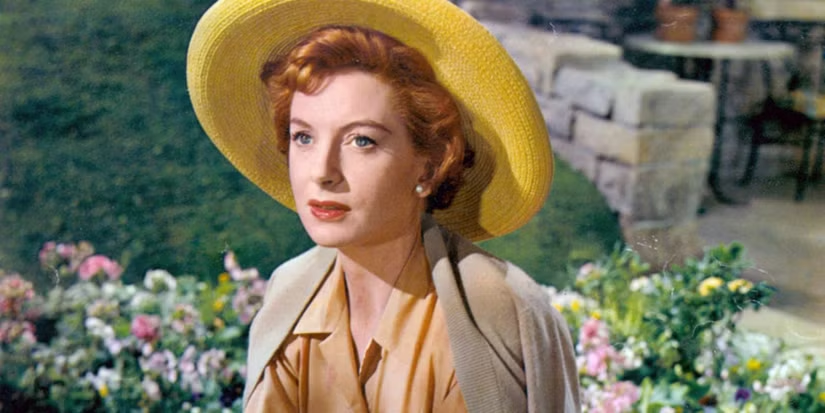
In the early 1940s, Kerr’s career gained momentum with films like The Life and Death of Colonel Blimp (1943), where she played three different characters, and Hatter’s Castle (1942), which was a box office hit. By 1947, Kerr made the transition to Hollywood after starring in the Powell and Pressburger classic Black Narcissus. Her portrayal of a troubled nun in the film earned her critical acclaim and made her a recognized figure in the American film industry. She signed with Metro-Goldwyn-Mayer (MGM), and soon her career was on a global scale.
Hollywood Glamour and Iconic Roles
Kerr’s first Hollywood film for MGM was The Hucksters (1947), where she starred opposite Clark Gable and Ava Gardner. It wasn’t long before she became a leading lady in Hollywood, known for portraying refined and elegant women. Kerr starred in several major films, including the epic Quo Vadis (1951), where she played a Christian woman in ancient Rome, and King Solomon’s Mines (1950), shot on location in Africa.
Her breakthrough came with the 1953 film From Here to Eternity, where she played Karen Holmes, an embittered wife caught in an affair with Burt Lancaster’s character. This performance earned her an Academy Award nomination for Best Actress, and the iconic scene of the couple’s passionate embrace on the beach is now considered one of the most romantic moments in cinematic history.
The King and I and Broadway Triumphs
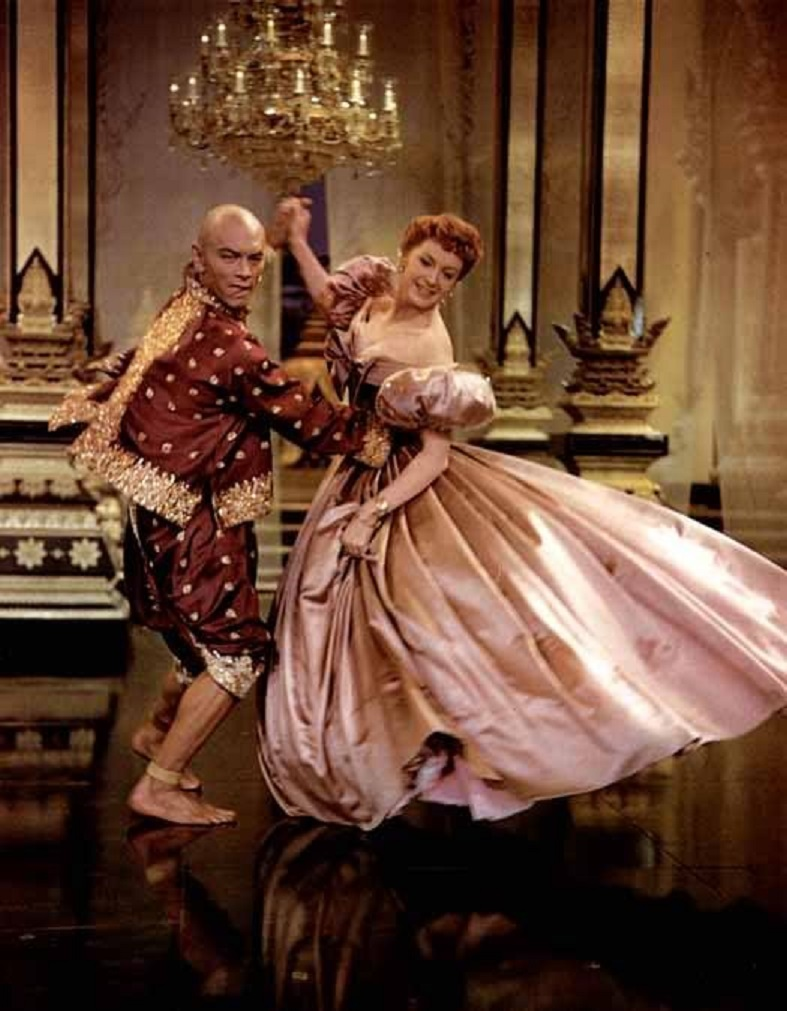
In 1956, Kerr’s star reached new heights with her portrayal of Anna Leonowens in The King and I, opposite Yul Brynner. The film was a massive success, earning Kerr a Golden Globe Award for her performance. Her role as the strong-willed but compassionate schoolteacher brought her international acclaim. While Kerr’s voice was dubbed by Marni Nixon for the musical numbers, her acting performance was widely praised. That same year, she made her Broadway debut in Tea and Sympathy, which led to a Tony Award nomination.
Later Years and Transition to TV and Theatre
By the late 1960s, Kerr began to shift her focus from films to television and theater, where she continued to find success. She starred in numerous theater productions, including Seascape on Broadway and Candida in the West End. In the 1980s, Kerr experienced a career resurgence with notable television roles, such as in A Woman of Substance (1985), where she was nominated for an Emmy Award for her portrayal of the older Emma Harte.
Her television work included performances in Reunion at Fairborough (1985) and Witness for the Prosecution (1982), showcasing her versatility as an actress even in her later years. Despite her success in the film industry, the theater remained Kerr’s true passion.
Personal Life: The Woman Behind the Legend
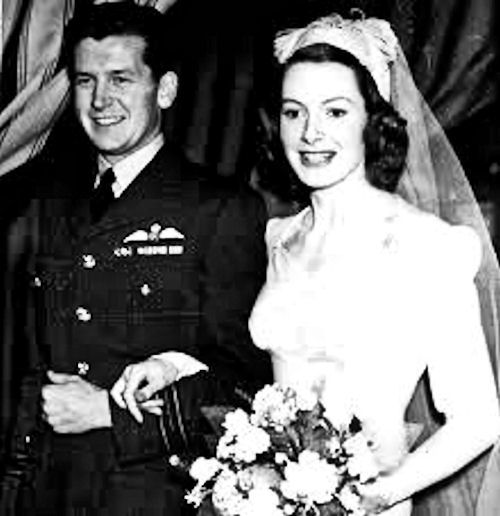
Deborah Kerr was married twice in her life. Her first marriage was to Squadron Leader Anthony Bartley, with whom she had two daughters. Their marriage, however, ended in divorce in 1959 due to the strains caused by Kerr’s fame and frequent absences from home. Her second marriage was to author Peter Viertel in 1960, a union that lasted until Kerr’s death. Kerr’s family life was often marked by her love for her children and her homes in Klosters, Switzerland, and Marbella, Spain, although she eventually returned to Britain to be closer to her children as her health declined.
Legacy and Honors: An Icon Remembered
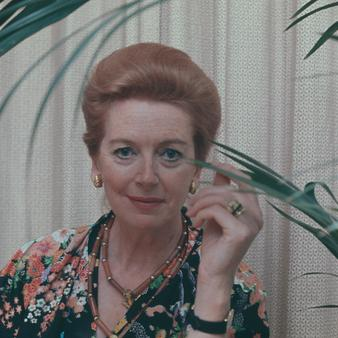
Deborah Kerr’s contributions to film and theater did not go unnoticed. She received honorary awards from the Cannes Film Festival and BAFTA, and in 1994, the Academy of Motion Picture Arts and Sciences honored her with an Academy Honorary Award. The citation praised her as “an artist of impeccable grace and beauty,” and acknowledged her dedication to her craft and the elegance she brought to every performance.
Kerr passed away on October 16, 2007, but her legacy continues to influence both aspiring actors and filmmakers alike. She remains a symbol of grace, strength, and versatility in an industry that often favors fleeting fame over true talent.
Conclusion: Deborah Kerr’s Lasting Impact on Film and Theatre
Deborah Kerr was more than just a film star; she was an artist whose performances exuded sophistication, passion, and depth. From her early days in British cinema to her golden years in Hollywood and later ventures in television and theater, Kerr’s career was marked by a dedication to her craft and an enduring appeal that transcended generations. Her work continues to resonate with audiences, making her a timeless figure in the world of cinema.


